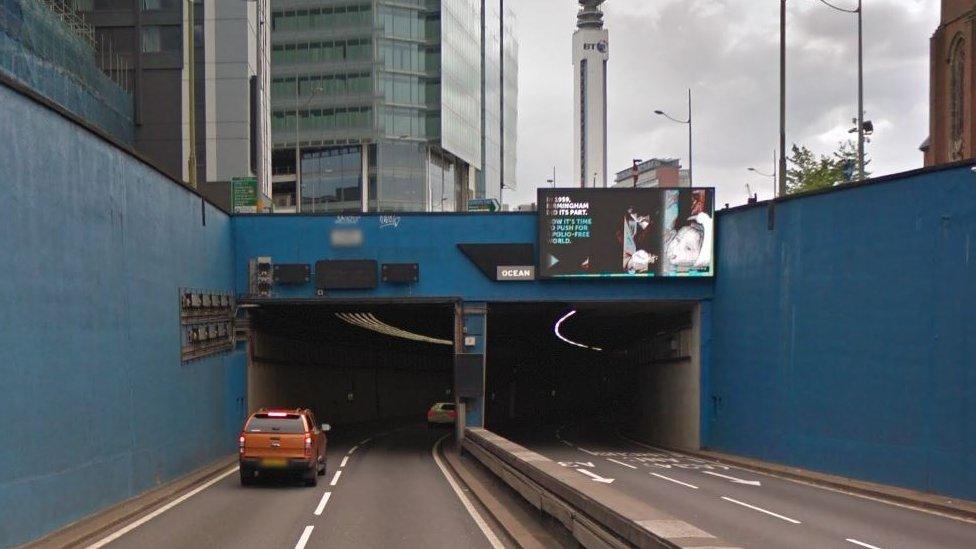Plans for 'cleaner, greener' travel in Birmingham approved
- Published
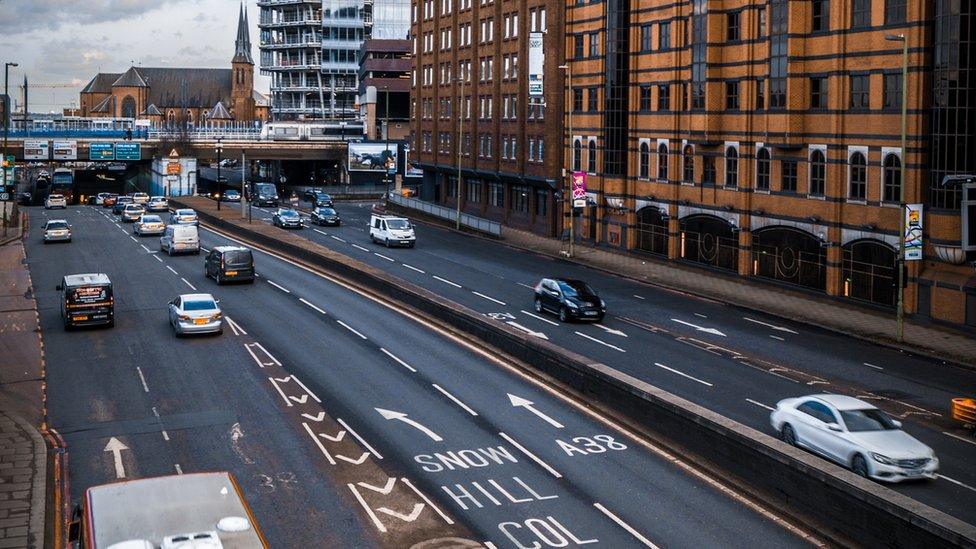
The plans include increasing rail capacity and fewer car parks
Plans to transform transport in Birmingham by encouraging motorists off the roads have been approved.
The plan includes more pedestrianised areas, extra rail capacity and setting a default 20mph speed limit.
Ideas also include closing the city centre tunnels to traffic, although there are "no plans" to do so, the council said.
The idea is to prioritise "cleaner, greener, healthier and more sustainable" transport modes.
The approval means that within months the city centre could be split into segments, with drivers instead diverted to the ring road to move between zones, the Local Democracy Reporting Service said.
Paulette Hamilton, cabinet member for health and social care on the Labour-run council, said there was evidence the new Clean Air Zone, was already improving air quality and residents were "adapting".
"Transition hurts. When you are trying to move from a way of working where the car is dominant and you are moving to a new way of looking at transport and the flow of transport around the city, it will hurt," she said.
"But in the long term - the health effect, there will be a lot less lung conditions, people will be far more healthy because they will be using different forms of transport."
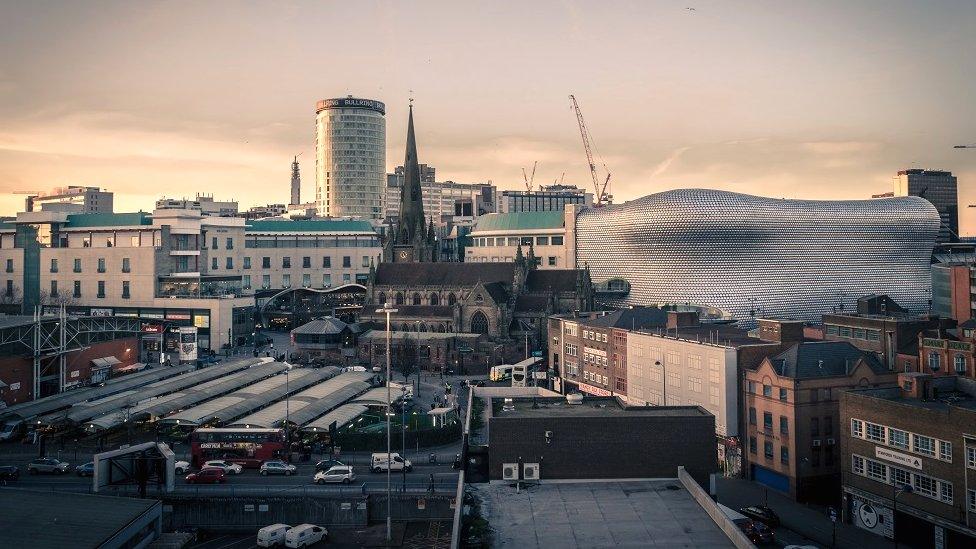
The council says it is aiming for a cleaner, greener and healthier city
Conservative group leader Robert Alden praised aspects of the plan, such as the opening of railway lines.
But he said closing the A38 tunnels would be "disastrous for the city" and the focus should be on putting in place a good public transport system.

Analysis, Kathryn Stanczyszyn, BBC WM political reporter
This is the biggest change for Birmingham's transport in half a century - since the building of the road system that's now being seen as the issue.
The council says the city must become less reliant on the private car, and the A38 - with its crucial tunnels - basically amounts to a motorway thundering right through the centre.
What happens to those tunnels is now up for debate as part of this ambitious plan, but what's already been agreed is that motorists will be much more limited in terms of the access routes they can use.
A move to a much greener, healthier space maybe - but critics say it will penalise businesses already struggling, and that ten years is nowhere near enough time to implement the kind of public transport network that will be necessary to keep people moving.

Waseem Zaffar, cabinet member for transport and environment, told the meeting there were "absolutely no plans to close the A38 tunnels" but added it would be "remiss" of the authority not to have a conversation about the route.
Roger Harmer, a Liberal Democrat councillor for Acocks Green said he agreed with a lot of the strategy and added residents' responses showed many wanted to see more trams and more segregated cycling.

Follow BBC West Midlands on Facebook, external, Twitter, external and Instagram, external. Send your story ideas to: newsonline.westmidlands@bbc.co.uk, external
- Published5 October 2021
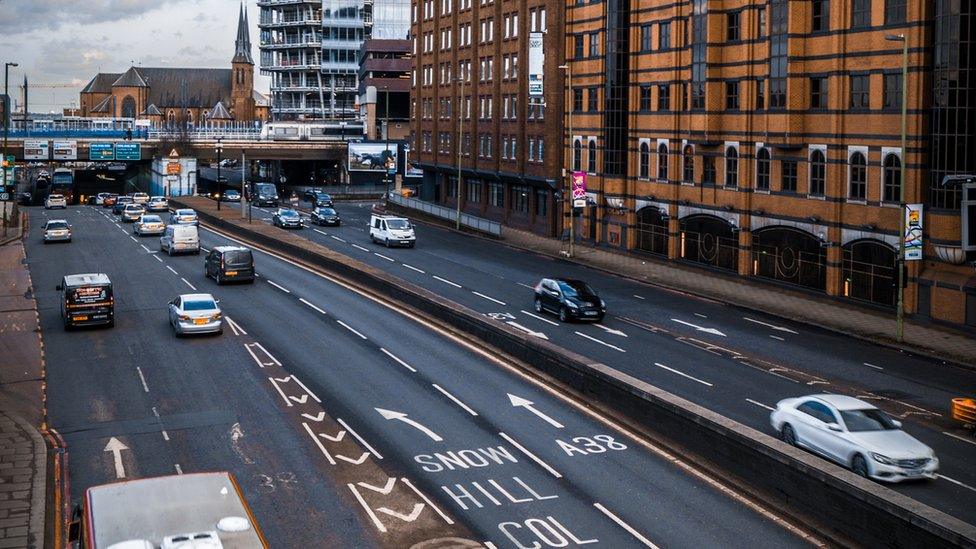
- Published14 June 2021
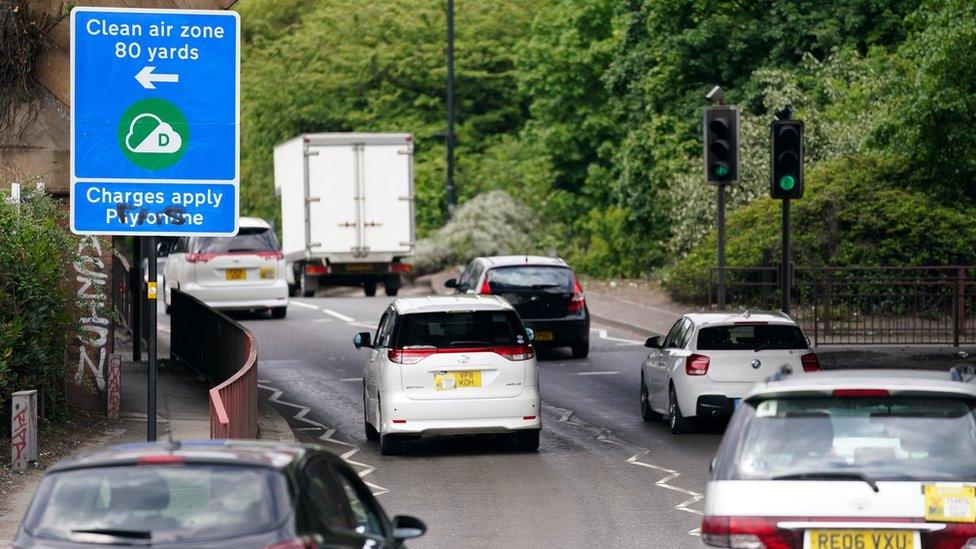
- Published29 May 2021
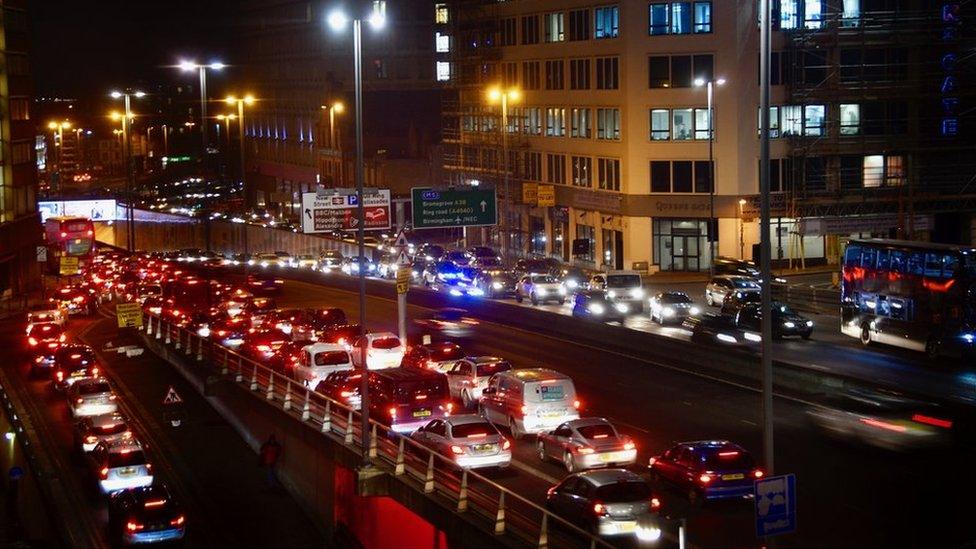
- Published2 May 2021

- Published13 January 2020
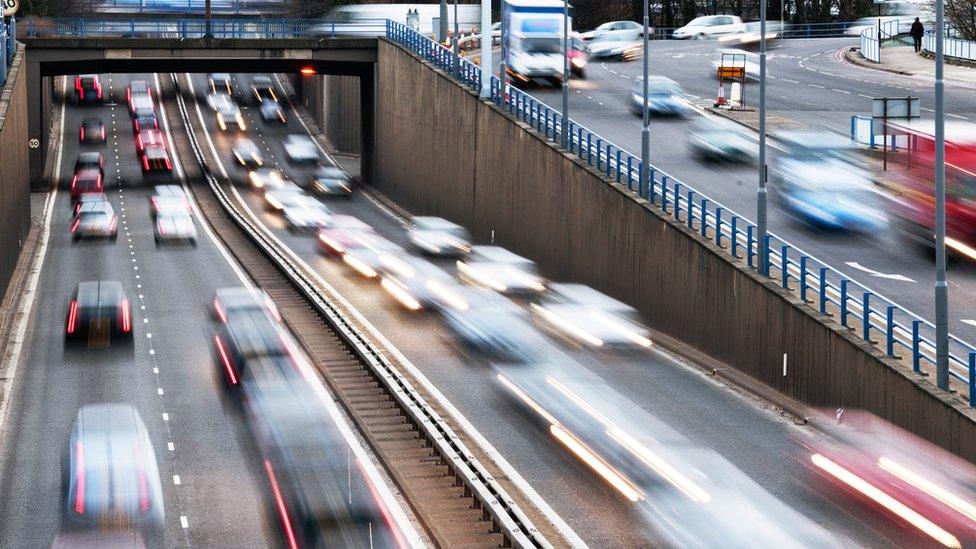
- Published16 October 2019
